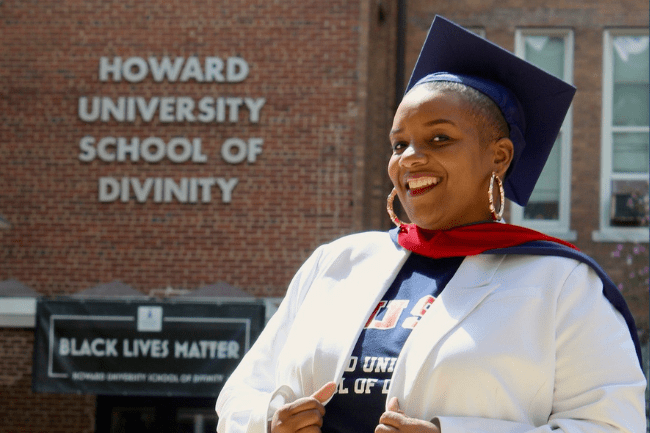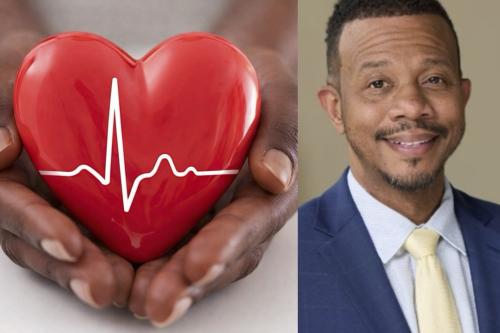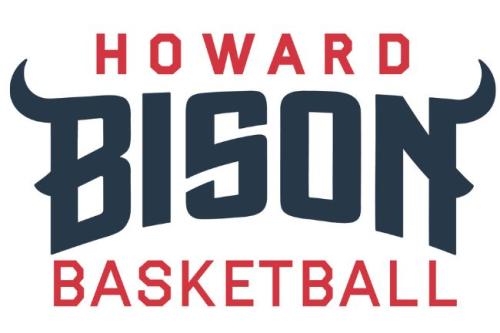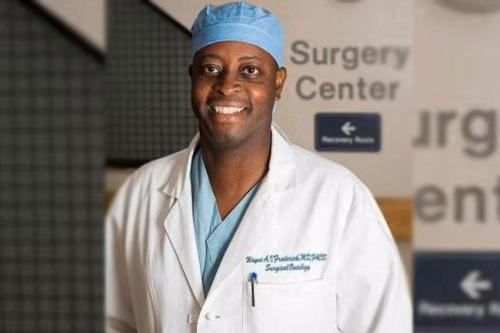While the traditional image of a divinity scholar often centers on the pulpit, 2024 graduate Leah Burgess', M.Div., M.S.W., story defies those confines. As a distinguished scholar in divinity and social work, as well as the Council Executive President of Howard University School of Divinity Student Government Association, Burgess stands poised on the brink of graduation. Her journey exemplifies the seamless integration of academic rigor with a profound sense of purpose. Through her narrative, Burgess not only illuminates the richness of divinity studies but also reshapes perspectives, showcasing the diverse opportunities within this field.
Her story begins in Marlton, NJ, where she was born to parents who both worked in social work and are ministers. Reflecting on her upbringing, she acknowledges the influence of her father, who holds a M.Div. explaining, “In so many ways, I am walking in his footsteps. He heard a call to ministry…and there is something about having a glimpse of what you can be because of what you’ve seen others be.”
For Burgess, 46, her call to ministry unfolds as a series of formative moments. From witnessing the MOVE bombing in Philadelphia, where a home occupied by members of communal organization was destroyed when police dropped two explosives onto the home in May 1985, to surviving sexual assault, each experience has propelled her towards advocacy for social justice. Her commitment to "abolishing shame" was ignited by her own trauma, fueling her passion for advocating for sexual violence survivors and addressing issues like sexual violence, poverty, mass incarceration, and addiction. Much of her career has been dedicated to working with victims of sexual violence and assault. Discovering Howard University's Master of Divinity and Master of Social Work dual degree program felt serendipitous, aligning perfectly with her dual passions for ministry and social work.
After initially applying to a different divinity program and later learning that the program was not accredited, Burgess found herself being led by God to other options. One summer, Burgess visited the School of Divinity. Campus was quiet, as most students were on break and faculty members at various conferences. She walked to the fourth floor and met then Dean, Yolanda Pierce’s executive assistant, who offered Burgess the opportunity to speak with the dean, and the rest was history. Burgess self describes her journey to this point as a “beautiful struggle or piece of the puzzle.”
Burgess's journey through the program at Howard University has been transformative as someone experiencing poverty and considered middle-aged, she approached her studies in social work and divinity with a deep sense of purpose. At Howard, she found a community dedicated to preparing practitioners who transcend immediate challenges, striving to instill in them a broader vision of social justice and empowerment. This environment empowered Burgess to fully embrace her voice and agency, recognizing that true empowerment comes from within.
As the world of religion and theology evolve, she will be there alongside it. Today, she finds that there has been a shift in how people engage with religious systems and the theory that people must come to a church to experience the church. This understanding inspired her goal of curating “third spaces” for people to gather and connect. “There are multiple layers to connecting with people around things that people already enjoy (i.e. gathering for a good meal). When you open a space for people to come together, eventually they’ll feel a sense of belonging, safety, and will want to share their story.,” said Burgess.
For her capstone project she developed her “woman-ologue” production which will investigate the relationship between womanist theology and the theology of abolition and trauma through prayers, poetry, and monologues. She hopes to tell the stories of sexual assault trauma survivors, particularly black women who've experienced trauma though various artistic mediums. She looks forward to pitching the idea as a workshop in different churches and/or community centers.
While reflecting on her life journey to Howard and beyond, Burgess hopes that people realize we are all pieces of a greater whole and that we all matter. She explains, “you are part of a greater whole, when one of us is in trouble, that means that we're all in trouble. If one of us is celebrating, we should all be celebrating.” She continues, “I'd love for folks to be able to embrace the idea of being part of a larger community; locally, regionally and globally because what we do at Howard impacts the entire world.”
(Photo courtesy of Zipporah Lewis)
###





